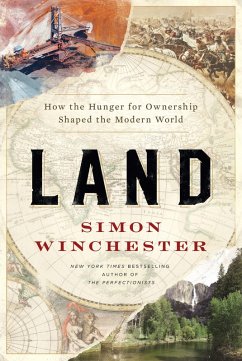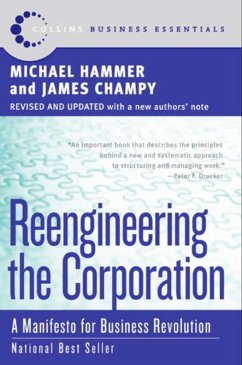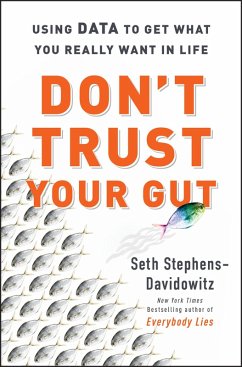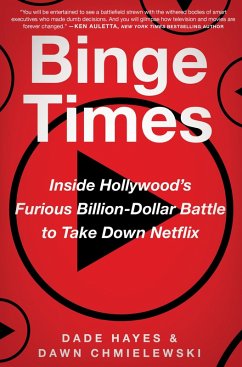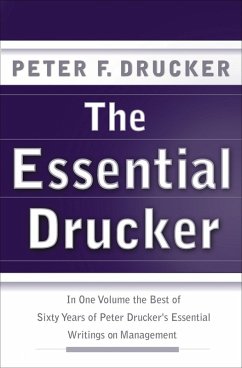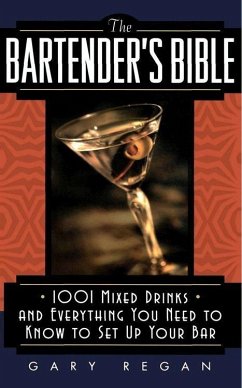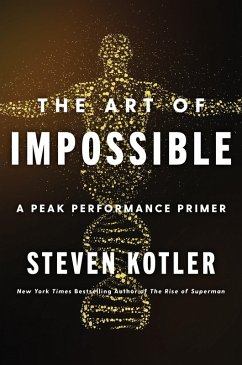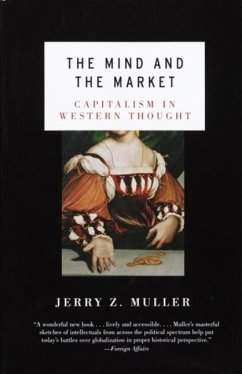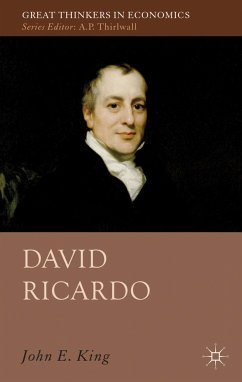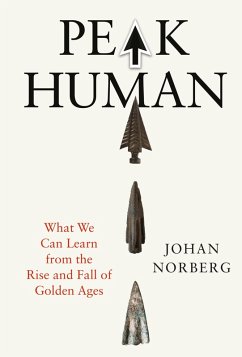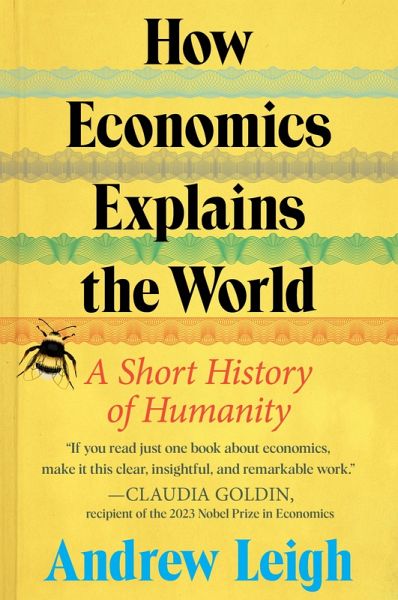
How Economics Explains the World (eBook, ePUB)
A Short History of Humanity
Versandkostenfrei!
Sofort per Download lieferbar
17,70 €
inkl. MwSt.
Weitere Ausgaben:

PAYBACK Punkte
0 °P sammeln!
If you read just one book about economics, make it Andrew Leigh's clear, insightful, and remarkable (and short) work. Claudia Goldin, recipient of the 2023 Nobel Prize in Economics and Henry Lee Professor of Economics at Harvard UniversityA sweeping, engrossing history of how economic forces have shaped the worldall in under 200 pagesOne of The Economist's Best Books of the YearIn How Economics Explains the World, Harvard-trained economist Andrew Leigh presents a new way to understand the human story. From the dawn of agriculture to AI, here is story of how ingenuity, greed, and desire for bet...
If you read just one book about economics, make it Andrew Leigh's clear, insightful, and remarkable (and short) work. Claudia Goldin, recipient of the 2023 Nobel Prize in Economics and Henry Lee Professor of Economics at Harvard University
A sweeping, engrossing history of how economic forces have shaped the worldall in under 200 pages
One of The Economist's Best Books of the Year
In How Economics Explains the World, Harvard-trained economist Andrew Leigh presents a new way to understand the human story. From the dawn of agriculture to AI, here is story of how ingenuity, greed, and desire for betterment have, to an astonishing degree, determined our past, present, and future.
This small book indeed tells a big story. It is the story of capitalism of how our market system developed. It is the story of the discipline of economics, and some of the key figures who formed it. And it is the story of how economic forces have shaped world history. Why didn't Africa colonize Europe instead of the other way around? What happened when countries erected trade and immigration barriers in the 1930s? Why did the Allies win World War II? Why did inequality in many advanced countries fall during the 1950s and 1960s? How did property rights drive China's growth surge in the 1980s? How does climate change threaten our future prosperity? You'll find answers to these questions and more in How Economics Explains the World.
Can a short book survey the full history of something so vast and remain readable? To find out, read How Economics Explains the World, by Andrew Leigh. In simple, clear languageand less than 200 pagesit does exactly what its title promises. ... Leigh canters through the history of human progress, pausing briefly to explain the economic forces and ideas that drove it forward. ... Along the way, readers meet the big economic thinkers who sought to explain these forces. Both finance aficionados and mere novices will read, savour and return to this book. The Economist, The Best New Books to Read about Finance
A sweeping, engrossing history of how economic forces have shaped the worldall in under 200 pages
One of The Economist's Best Books of the Year
In How Economics Explains the World, Harvard-trained economist Andrew Leigh presents a new way to understand the human story. From the dawn of agriculture to AI, here is story of how ingenuity, greed, and desire for betterment have, to an astonishing degree, determined our past, present, and future.
This small book indeed tells a big story. It is the story of capitalism of how our market system developed. It is the story of the discipline of economics, and some of the key figures who formed it. And it is the story of how economic forces have shaped world history. Why didn't Africa colonize Europe instead of the other way around? What happened when countries erected trade and immigration barriers in the 1930s? Why did the Allies win World War II? Why did inequality in many advanced countries fall during the 1950s and 1960s? How did property rights drive China's growth surge in the 1980s? How does climate change threaten our future prosperity? You'll find answers to these questions and more in How Economics Explains the World.
Can a short book survey the full history of something so vast and remain readable? To find out, read How Economics Explains the World, by Andrew Leigh. In simple, clear languageand less than 200 pagesit does exactly what its title promises. ... Leigh canters through the history of human progress, pausing briefly to explain the economic forces and ideas that drove it forward. ... Along the way, readers meet the big economic thinkers who sought to explain these forces. Both finance aficionados and mere novices will read, savour and return to this book. The Economist, The Best New Books to Read about Finance
Dieser Download kann aus rechtlichen Gründen nur mit Rechnungsadresse in A, B, BG, CZ, D, DK, EW, E, FIN, F, GR, HR, H, I, LT, L, LR, NL, PL, P, R, S, SLO, SK ausgeliefert werden.




